It is amazing what fine performances you can get beamed to your computer these days. Slightly less amazing is the packaging these events come in, when they do. ENO relayed free a concert of Mozart’s Requiem, but it was preceded by a snatch of Strictly, with a row of muscular young guys ripping off their shirts, before we entered the Coliseum for a heavily pregnant Danielle de Niese hyping the event we were about to see and hear. She is delightful, but I wish she hadn’t been compelled to tell us that, despite his hard life, Mozart was sending us a message of hope that everyone, however ignorant of classical music, can be moved by. It’s just not true. Great music, which some of the Requiem is, demands total concentration and preferably some knowledge of the idiom, but not of the agonising circumstances in which it was composed.
However, once the performance, on a bare stage, began, it was clear that it would be a fine one. The four soloists were a superb team — together they make us acutely aware of how little they have to do in this fragmentary work — as were the informally dressed ENO chorus and orchestra, conducted by Mark Wigglesworth, who was all too briefly their musical director.
Unfortunately, the finer the performance of this work, the more oppressed I am by its grotesque unevenness. The first quarter of an hour, echt-Mozart, is overwhelming in a concert as good as this. The rest, however, is a vertiginous ride through indifferent sections, starting with the ‘Tuba mirum’, the only corny music to be found in Mozart, the greatest of composers. No other work of his leaves me so frustrated, not even the C minor Mass or the unfinished operas.
I paid £10 to be admitted to the Royal Opera’s ‘live’ Ariodante, to witness what may well have been the dress rehearsal for a real future staging. This will be an unmitigated triumph, so long as an advocate of Regie-theater doesn’t get his or her hands on it. As it was, we had an empty auditorium, and what amounted to a concert performance of one of Handel’s finest operas — getting the plot straight first is strongly advised.
We had no commentary whatever, nor even an interval, even though it is a long work. Nothing except the performance itself, with the characters grimacing, beaming or striding. The master of this kind of compromise between just singing and almost acting may be Gerald Finley, now one of the finest singing actors in the world. He plays the King of Scotland, a huge part, and presumably performed in full. The opera played for an hour less than advertised, so I suppose it was the prolix ballet music that was omitted.
As usual with Handel’s operas, I find that Ariodantegets better as it goes along, with Act I rather tediously expository, Act II the relatively complex centre of the work, with numerous disguises and mistaken identities, and Act III resolving the seemingly unresolvable issues. It’s agreeably unlike life. What I mind, as almost always in Handel, is the lack of complexity in the characters’ emotions, and even more the extent to which they change their feelings towards one another at the turn of a switch.
Ariodante is superior in this way, and in others, to the vast majority of Handel’s operatic output, but I still felt that, compared with Mozart’s great operas, and plenty of others too, we are being invited to a display rather than a drama. No question that with this cast the display is tremendous, and will be even more so when a production can be staged. Christian Curnyn conducts with warmth and makes sure things never grind to a halt. Polinessio is Iestyn Davies, who throws himself into an absurd part with relish, and the rest of the cast is just as distinguished. But who, truly, could give a damn about the characters as opposed to the performances?
Got something to add? Join the discussion and comment below.
Get 10 issues for just $10
Subscribe to The Spectator Australia today for the next 10 magazine issues, plus full online access, for just $10.
You might disagree with half of it, but you’ll enjoy reading all of it. Try your first month for free, then just $2 a week for the remainder of your first year.


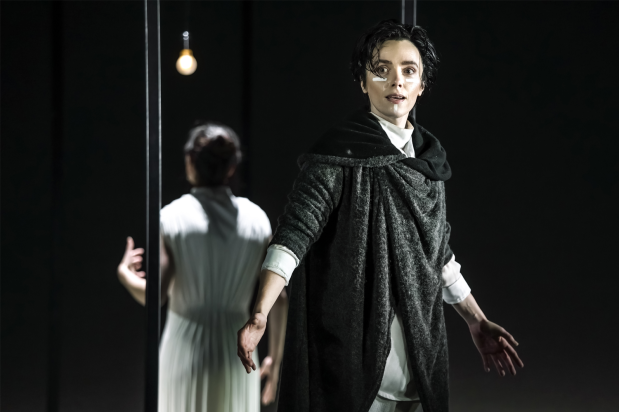

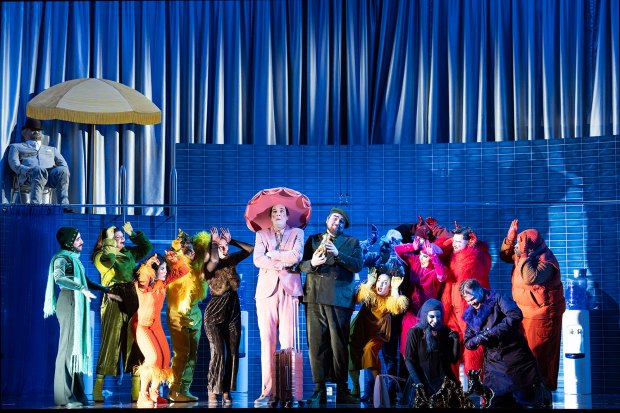
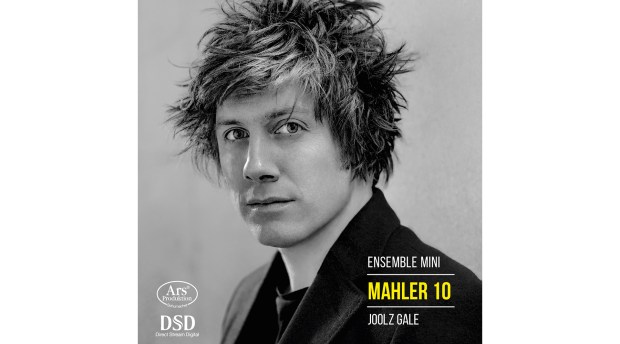
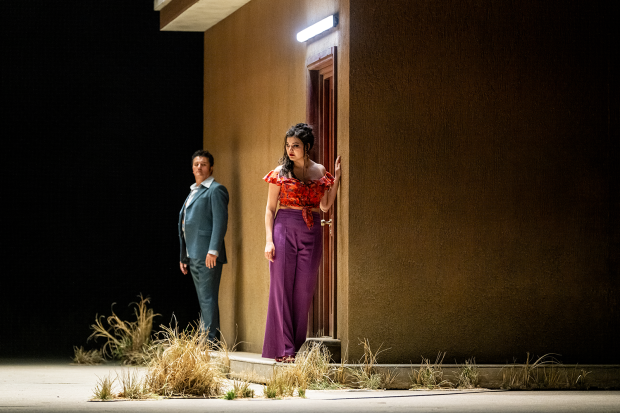
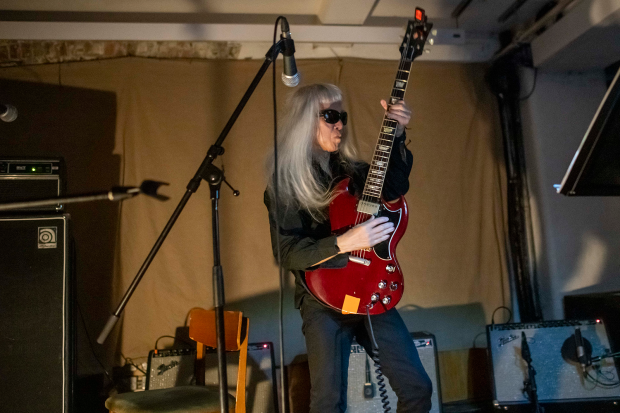






Comments
Don't miss out
Join the conversation with other Spectator Australia readers. Subscribe to leave a comment.
SUBSCRIBEAlready a subscriber? Log in